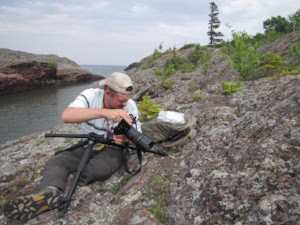Wetland and Adjacent Upland Plant Identification Workshop
When: June 13-15, 2018
Where: Northern Indiana
Instructors: Scott Namestnik and Brad Slaughter
Orbis Environmental Consulting botanists Scott Namestnik and Brad Slaughter are leading a three-day plant identification workshop in Northern Indiana on June 13-15, 2018, 8:00 AM to 5:00 PM EDT each day. The focus of the workshop will be plants found in wetlands and adjacent uplands.
The workshop will be loosely based in South Bend, Indiana, but will take place entirely in the field at sites in North Liberty, Walkerton, Michigan City, and Hobart, Indiana. We will visit various wetland and upland habitats, including flatwoods, fen, sedge meadow, swamp forest, emergent marsh, mitigation wetland, mesic prairie, and successional woods.
|
|







